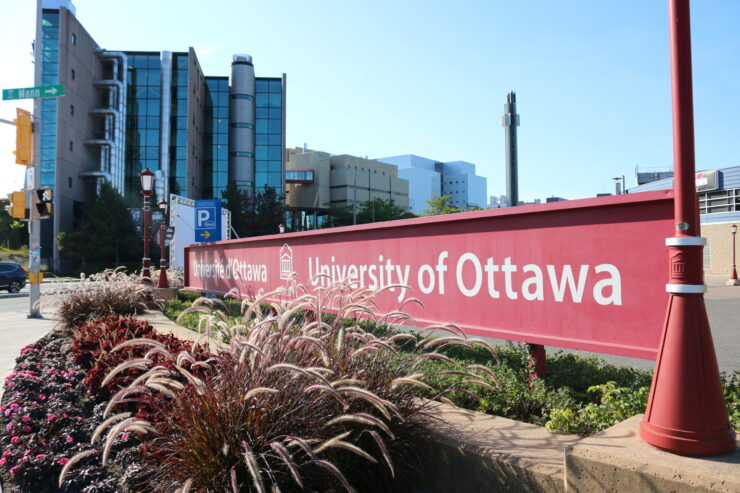Built-into the student union, or third-party?
Whistleblowing is a cornerstone of institutional transparency and accountability. Its importance can hardly be overstated. In recent years, some of the most important political developments have been the result of whistleblowing, from Edward Snowden’s public revelation of the trespassing on individual privacy, to the ongoing domestic nightmare that is the SNC-Lavalin scandal.
Because whistleblowing is a serious check on corruption, the establishment of whistleblowing protection is something worth considering moving forward with the University of Ottawa Student Union (UOSU). Protections for whistleblowers, and mechanisms that allow information regarding corruption to be relayed, are crucial to the continuous transparency necessary to avoid another SFUO fiasco.
Let’s pretend that the upcoming student union is just as corrupt as the last one. What can we do to help get the word out there?
Firstly, the whistleblowers have to help themselves. That means documenting everything and having the proof to substantiate their claims, retaining credibility by making sure to not over exaggerate the extent to which corruption is occuring or even raising the issue internally beforehand, and choosing a trustworthy and reliable outlet to relay such information to (like student media).
However, whistleblowing shouldn’t be the only mechanism we rely upon if we really want to check corruption for good. There are other ways to prevent the need for a whistleblower in the first place.
A separate and independent body itself could be created or contracted to conduct audits on the UOSU’s comings and goings. This is an expensive option, as audits are not cheap, but it would at least force would-be no-gooders to get rather innovative in their embezzlement schemes.
Moreover, this could help confront a serious problem all whistleblowers and journalists face: anonymity. On the one hand, having a face to back up allegations of corruption adds a lot of credibility to such claims. But that level of personal accountability itself can very easily dissuade potential whistleblowers from taking the stand in first place. This is especially true considering the immediate aftermath for most whistleblowers, who often face pressure, alienation, and even harassment from their colleagues. This same thing happened here on campus, when Vanessa Dorimain was subject to a threat of legal action after she expressed troubling information about then-President Roméo Ahimakin. Thus, relying exclusively upon whistleblowers to keep our student union in check puts extreme pressure and responsibility on single individuals and is therefore an unreliable and inconsistent mechanism to rely upon.
Another problem with relying on whistleblowers is that they tend not to speak up until it’s too late. After all, they are exposing the unvirtuous actions of their colleagues and even friends, which sets the bar pretty high for any cost-benefit analysis would-be whistleblowers undergo. The benefit of an independent body would be its ability to take a preventative rather than reactionary approach. Stopping the corruption before it happens tends to be the optimal solution.
Moreover, an independent third party would be unbiased, credible, and comprehensive in its audits and conclusions. Crucial to the effectiveness of such an independent body would be unrestricted access to relevant UOSU documents. In politics and business, it’s rather easy to hide financial wrongdoing by exempting the relevant documents from the audit. Allowing the independent body the discretion to choose the scope of the audit itself, rather than the UOSU, would ensure its ability to get the real story of any alleged corruption.





